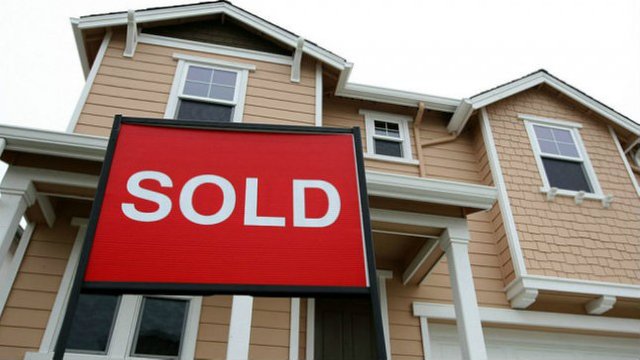
By: BY REP. GREGORY MEEKS (D-N.Y.), OPINION CONTRIBUTOR — 09/13/18 02:00 PM EDT – THE HILL
WASHINGTON – At the turn of the 20th century, my parents ventured north from their home in Rock Hill, S.C., as part of the “Great Migration” of African-Americans from the South to jobs in the North. My parents settled in East Harlem where I was born and grew up in public housing. My parents always knew that if I was going to succeed, education would be the key to that success. In the third grade, I was bussed to a public elementary school on the east side of Manhattan where the quality of education greatly exceeded that offered in my neighborhood.
It was at this tender point in my childhood that I learned the socio-economic realities of inequality in housing and education. It was within this context the U.S. Congress passed the 1968 Fair Housing Act to address rampant racial discrimination in housing that created two vastly different economic experiences in America, both of which I witnessed firsthand.
Some 50 years later, many wrongs of my childhood have yet to be corrected, and, in some cases, discriminatory policies and practices have returned. As the congressman representing New York’s 5th District, I am working with housing and social justice advocates to implement a new strategy to address the racial inequities in the housing industry, housing finance system and plant the seeds for growth.
At a public forum hosted by the Congressional Black Caucus on Thursday, Sept. 13, the National Association of Real Estate Brokers (NAREB) will release a report, “Fifty Years of Struggle,” in which the nation’s oldest minority trade association identifies barriers to housing equality and outlines needed remedies. The forum will be livestreamed from their Facebook page. NAREB will also release its 2018 State of Housing in Black America report, which notes that in the second quarter of 2018, homeownership gaps remain wide – 72.9 percent of whites own a home compared to 46.6 of Hispanics, and 41.6 of African Americans.
“Discrimination in the real estate market that continues today has undermined the value of homeownership for Blacks even when they successfully buy a home,” the report notes. “When Blacks secure mortgage credit, they pay higher interest rates, points, and fees, on average, than do Whites even when Black and White borrowers exhibit similar incomes and credit histories. Additionally, homes in Black communities do not, on average, appreciate as rapidly as homes with similar amenities and locational values as houses in White communities.”
I agree with NAREB on three principles that form a strategy that they believe can correct past wrongs, and sustain widespread support for homebuying:
Our goal is to ensure that all lenders, from the big banks to community banks and e-lenders, are encouraged to originate mortgages to credit worthy borrowers of all income levels, and racial and ethnic backgrounds. Furthermore, as the future of Fannie Mae and Freddie Mac are debated, we don’t want Congress and policymakers to turn their backs on the government’s history of supporting homeownership.
In the early 1900s, only the privileged purchased homes because mortgages were short-term loans that only the rich could afford. But polices enacted after the Great Depression created incentives for lenders to offer a popular loan product – the 30-year mortgage, with no pre-payment penalties, and it became the foundation for homeownership growth. It has been sustained by government support through Fannie Mae, Freddie Mac, the Federal Housing Administration, and the Federal Home Loan Bank System.
Over the decades, the housing industry and homeownership lifted the economy, and increased the wealth of urban and rural families. Redlining and other discriminatory factors created a disparity between minority and white homeownership rates, but the policies still opened the door for many minority homeowners, and the financial security that came with it such as creating funds to start businesses, finance the education of their children and allow seniors to retire with dignity.
The housing reform we are seeking will sustain policies and practices so that 50 years from now we can have a more just and equitable society, where families regardless of their race and ethnicity can live with dignity in a safe and affordable home.
Rep. Gregory Meeks is represents the District of New York.
AUTHOR: Rep. Gregory Meeks is represents the District of New York.
ARTICLE SOURCE: http://thehill.com/blogs/congress-blog/economy-budget/406542-50-years-of-struggle-realizing-democracyinhousing